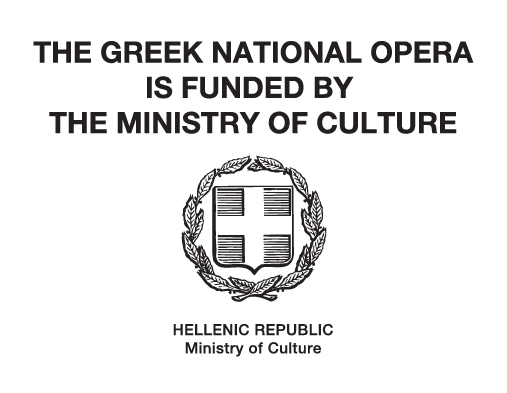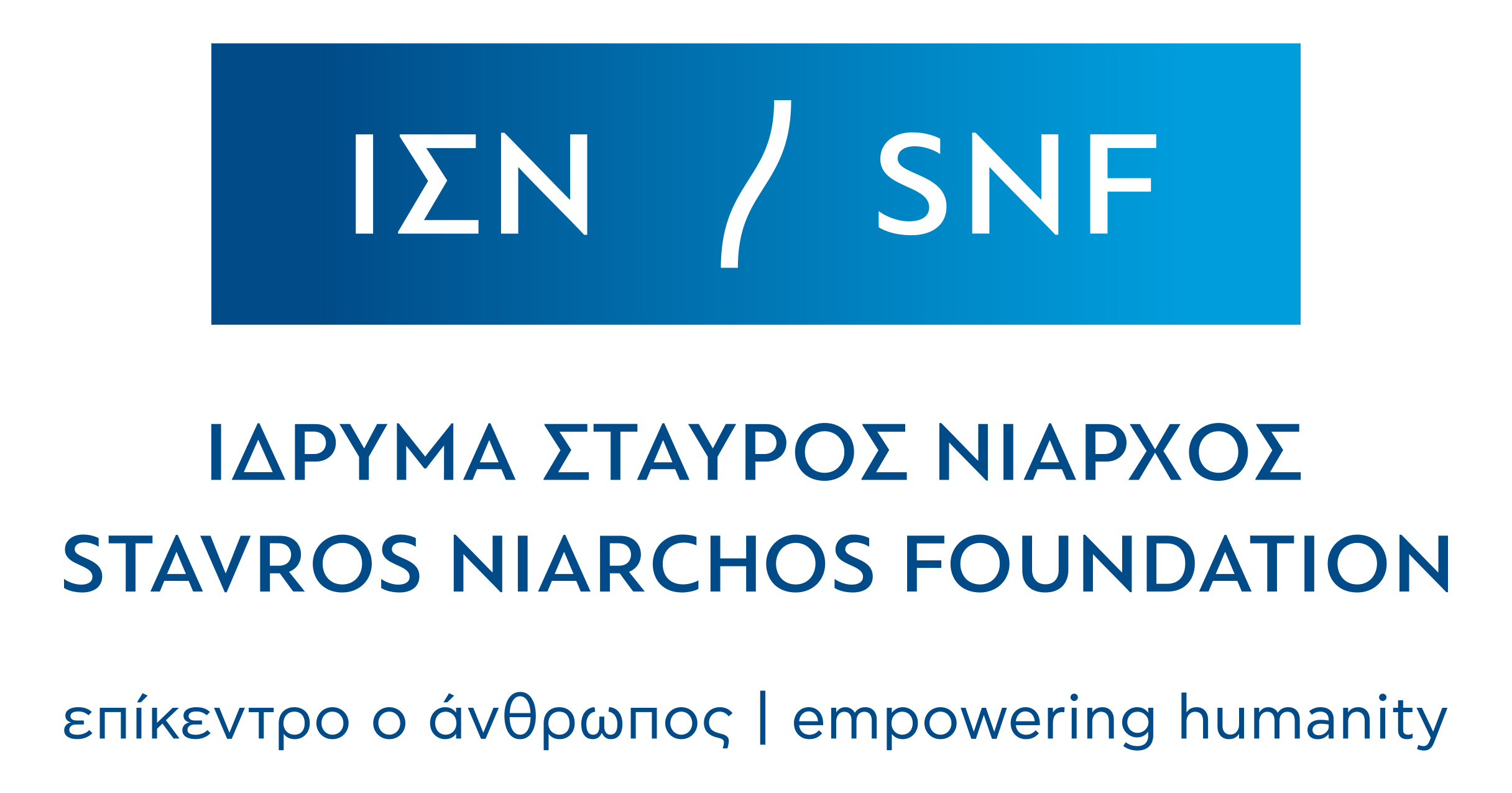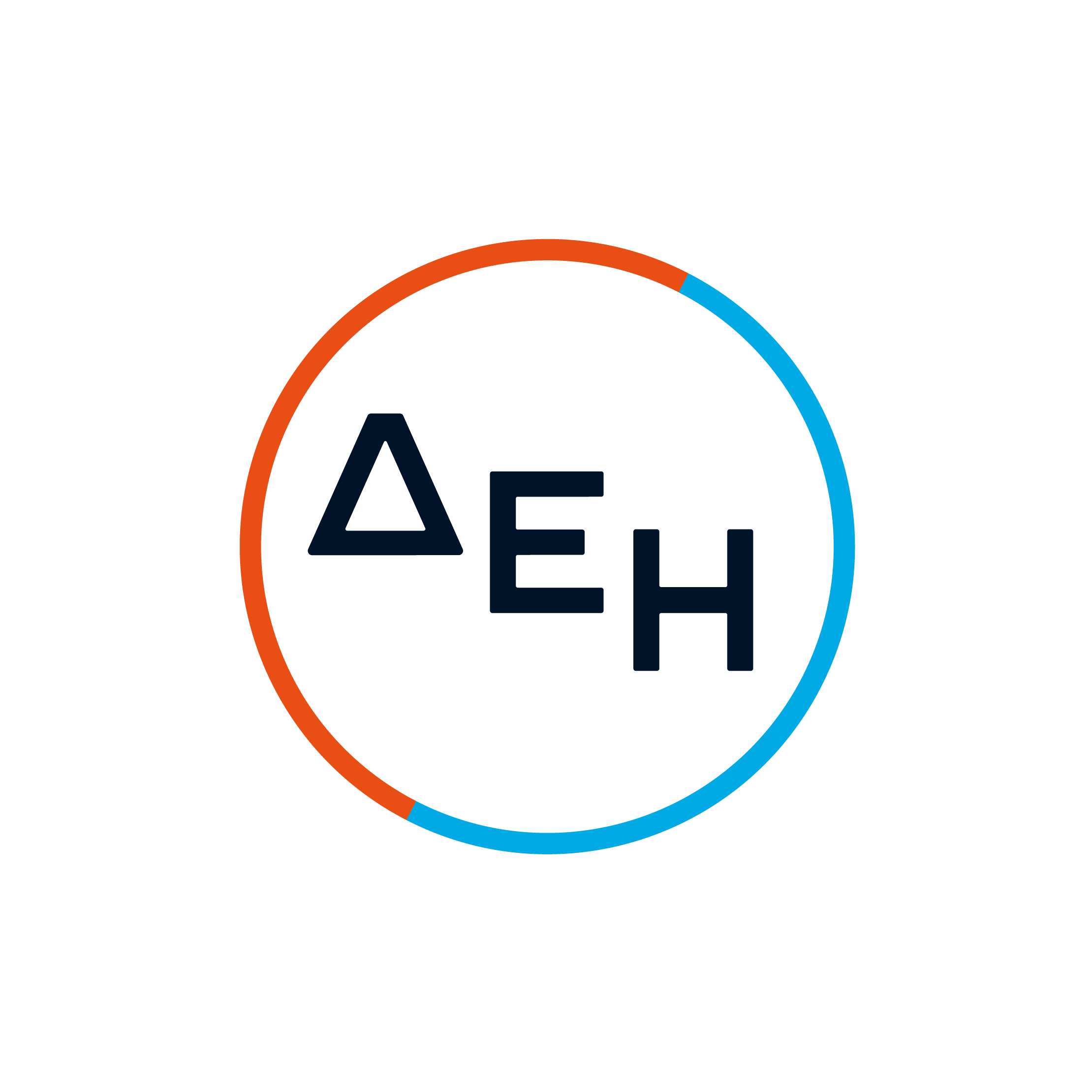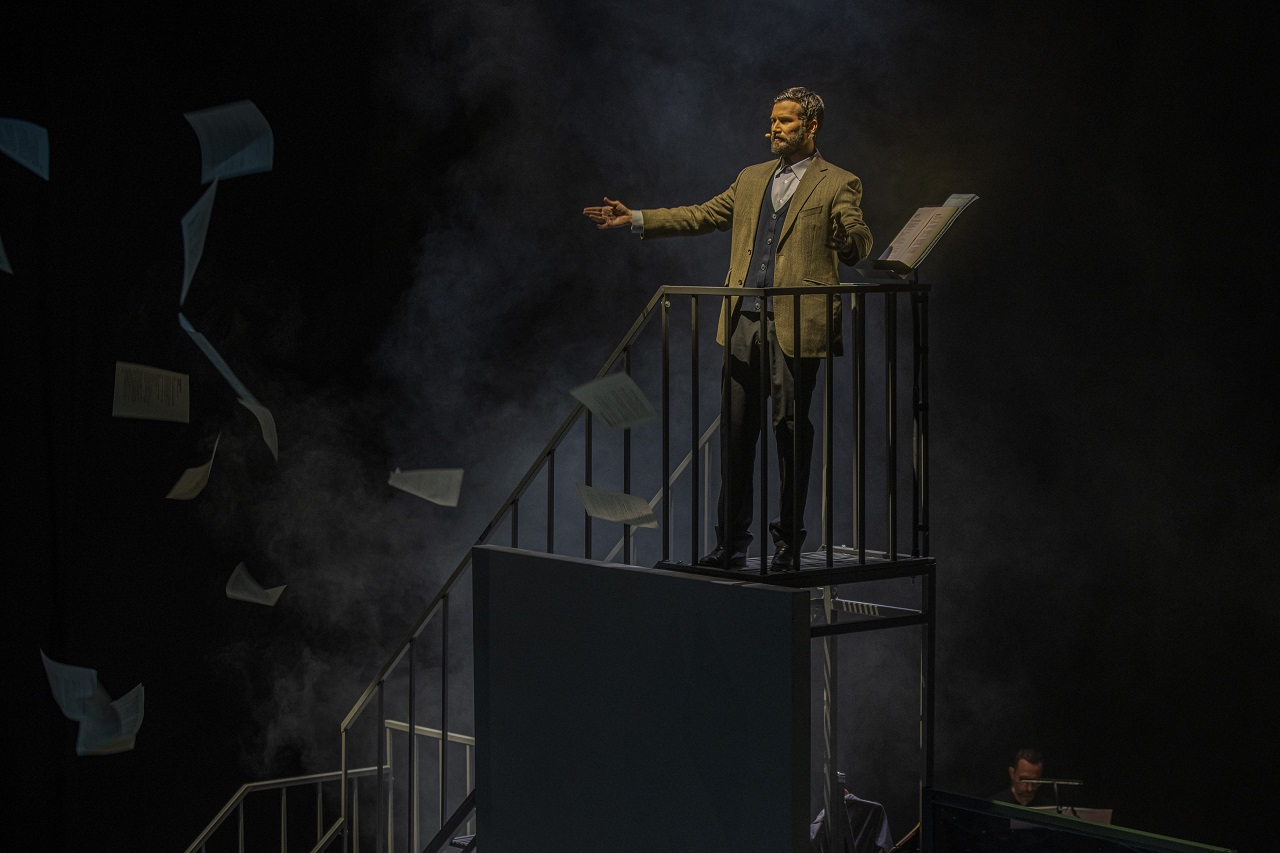
Alternative Stage Founding Donor

Major Sponsor of the Greek National Opera

A new, modern opera titled The Dead Man and the Resurrection, commissioned by the Alternative Stage of the Greek National Opera from distinguished composer Nicolas Tzortzis, brings to life the associative, enigmatic, and modernist universe of the great author and visual artist Nikos Gavriil Pentzikis on stage. This ambitious new production, featuring a libretto by Nicolas Tzortzis based on Nikos Gavriil Pentzikis' novel of the same title - a milestone piece for Greek literature- along with stage direction by Anastasia Koumidou, is set to receive its Greek premiere at the GNO Alternative Stage, in the SNFCC, running from the 14th to the 23rd of March 2025. The performance will feature a six-member instrumental ensemble consisting of globally acclaimed soloists who are experts in the realm of contemporary music.
An ideal reconciliation of death with life, the novel The Dead Man and the Resurrection follows a writer who is ready to write a book about a young man who experiences anxiety, falls in love, struggles with despair, kills himself, and ultimately resurrects. Nikos Gavriil Pentzikis' text explores the themes of love, disillusionment, religiousness, the pursuit of the self, and the journey towards artistic creation, through the relationship between the old and the new.
Maintaining the flow of an inner monologue, the opera pushes the boundaries of music theatre's language and dares to explore uncharted territories through Nicolas Tzortzis' exceptionally demanding musical writing, which requires special virtuosity from its performers. This pioneering work serves as a journey with neither a start nor a clear endpoint destination. A wandering through a labyrinth of associations of ideas, where every audience member is called upon to carve out their own path.
The Dead Man and the Resurrection had an opera hidden within it
Nikos Gavriil Pentzikis (1908-1993), a novelist, poet, and self-taught painter from Thessaloniki, was one of the most prolific and pioneering figures in Greek literature. His oeuvre stands out for its unique blend of modernist writing and autobiographical elements, while also drawing profound spirituality from Byzantine literature.
His novel The Dead Man and the Resurrection, written in 1938 and first published in 1944, is a milestone in the evolution of Greek prose. In this book, the inner monologue, which had already been introduced into Greek literature since the early 1930s, takes on a special, distinct, and more advanced form through Pentzikis' writing , confirming his unique contribution to the shaping of a new narrative style.
This will be the first time that one of Nikos Gavriil Pentzikis' works enters the realm of opera. The novel The Dead Man and the Resurrection has been turned into a contemporary opera that explores the outbursts and overall impressions experienced by the young hero of both Pentzikis' book and the opera along his journey. The author's thought expands; this musical piece occupies a constant «there-and-then-and-always» space, creating a bilingual landscape of words, while the musicians in the instrumental ensemble take on an active role in the storytelling.
Nicolas Tzortzis stamps his mark on both the music and the libretto of this new opera, which is divided into twelve scenes. His main goal was to create a seamless work that would musically capture the flow of Pentzikis' language. «I wanted situations to succeed one another magically, with the transitions between them never being completely clear. Just like in the book itself; I felt that there were no cuts, because even those that were there only referred to one level of the narration - the action - while the rest of the levels remained unaffected. My point of reference was the film Birdman or (The Unexpected Virtue of Ignorance) by Alejandro González I?árritu, and its way of creating the illusion that it was shot without any editing, like a single, uninterrupted take captured by a hovering camera. This feeling of continuity was, for me, one of the central objectives. Then I tried to identify the «scenes» in the work to create the narrative thread on which the music would be based and which would also guide me through the writing of the libretto. As time went by, the opera hidden within the text became clearer: the love aria, the aria of the protagonist's despair, the man-woman duet, the mother's lament, the narrator's recitativo-all the elements we encounter in traditional operas, despite Pentzikis' fragmentary and detached (at times even dismissive) narration.» notes the composer.
Twelve scenes in one
A loop of words, sounds, narrations, sonic outbursts, and subtle melodies creates the canvas of the opera The Dead Man and the Resurrection, which unfolds over twelve scenes.
The production was directed by Anastasia Koumidou in her first attempt to tackle a contemporary operatic work: «In this collaboration with the Alternative Stage, I experienced a time loop, as I noticed that most of my coworkers were from Thessaloniki. When I was asked to direct Nicolas Tzortzis' opera The Dead Man and the Resurrection, it felt like everything connected - as if an imperceptible umbilical cord connected my personal journey, with the author's novel and my hometown. The months-long processing of the directorial concept took on flesh and blood through continuous collaboration with composer Nicolas Tzortzis and the wonderful team members of this original opera, resulting in a creative process of interaction and osmosis. What was created was a directorial hypertext, a visual and dramatic place and time that move in parallel, through reflections and refractions, with the element of narration holding a prominent place, as it interacts with the music and serves as a vital, active force - at times expressed in a highly confrontational manner, and at other times operating subtly under the skin.», remarks the director.
The production will be conducted by Kornilios Selamsis, with sets, costumes, and video design created by Yiannis Katranitsas, and lighting design produced by Nikos Sotiropoulos.
The taxing leading roles will be performed by Niki Lada (soprano), Nikos Kyrtsos (baritone), and Anastasis Roilos (actor).
The six-member instrumental ensemble consists of expert soloists in contemporary music: Vincent Daoud (saxophone), Alexandra Greffin Klein (violin, viola), Frédéric Baldassare (violoncello, viola da gamba), Thodoris Vazakas (percussion), Stephanos Thomopoulos (piano), and Angelina Tkatcheva (cimbalom).
The production «The Dead Man and the Resurrection» is part of the GNO Alternative Stage's unit of programming titled «MUSIC THEATRE DAYS», which falls under the ACT «FESTIVAL EVENTS OF THE GNO ALTERNATIVE STAGE 2024-2025» » (MIS 6002467) with code 2024ΕΠ08570049 (Priority: «Fostering regional social cohesion through the enhancement of mechanisms and infrastructure to support employment, education, health care and socioeconomic inclusion» of the programme «Attica 2021-2027) and is co-financed by the European Regional Development Fund (ERDF) and National Resources.















